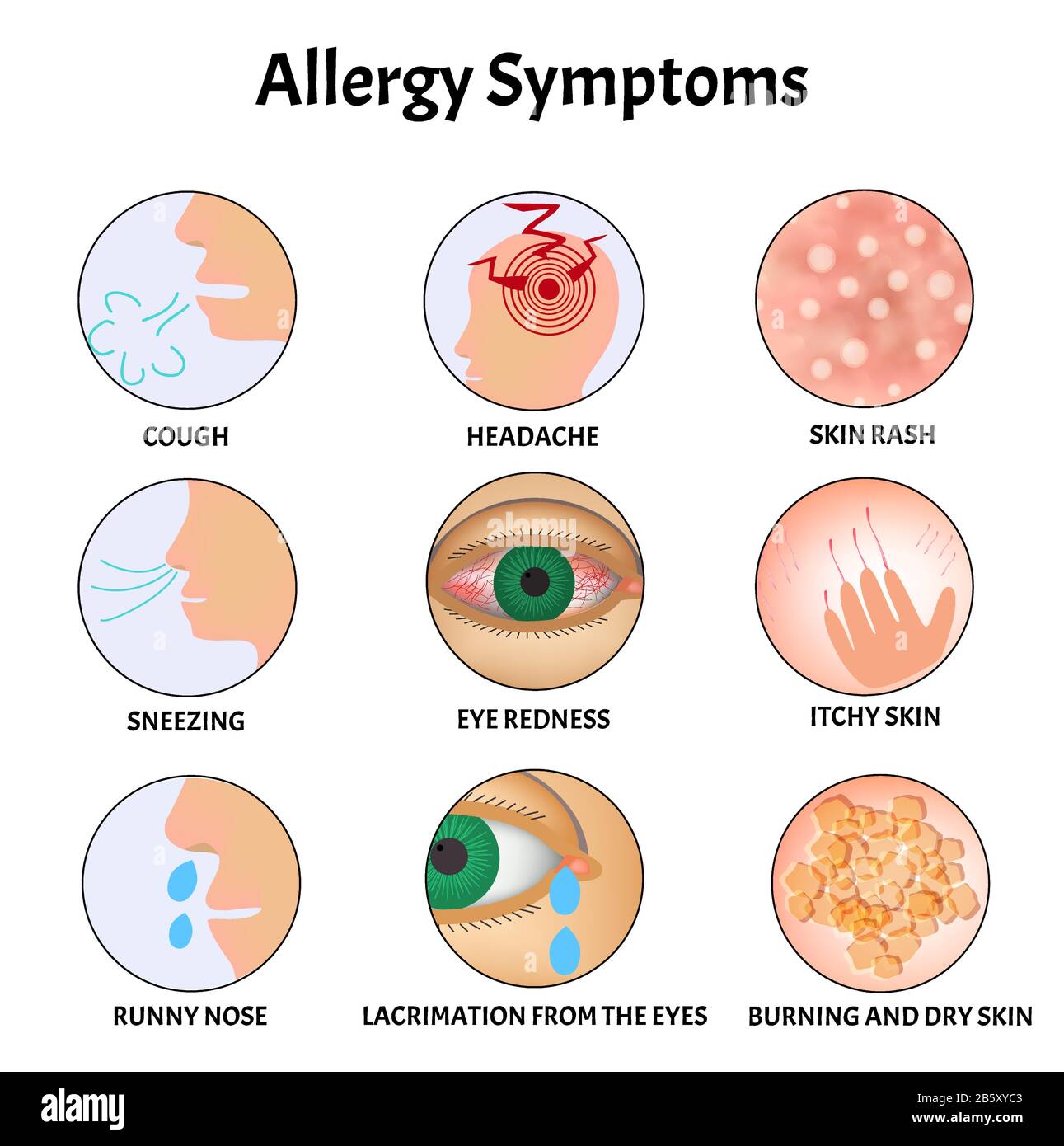What Causes Allergy Sneezing
Spring is finally here! Everything is blooming and the world is alive with color. But for some people, springtime brings the dreaded onset of seasonal allergies. These allergies can cause a variety of uncomfortable symptoms such as skin rash, allergic skin itching, tearing from the eyes, coughing, sneezing, runny nose, headache, and redness of the eyes. While most people are aware of the more common allergy symptoms, there are lesser-known symptoms that can be just as debilitating.
Sinus Pressure
One of the lesser-known allergy symptoms is sinus pressure. Sinus pressure is caused by inflammation of the nasal passages, which can make it difficult to breathe and can lead to headaches. Those who suffer from seasonal allergies may experience mild to severe sinus pressure depending on the severity of their allergies.

Hives
Hives are yet another lesser-known allergy symptom. Hives are red, itchy bumps that can appear anywhere on the body and can range in size from as small as a pea to as large as a dinner plate. Hives can be caused by a variety of allergens, including pollen, dust, pet dander, and certain foods. Those with seasonal allergies may experience hives as a result of exposure to certain outdoor allergens.
Asthma
For those with severe allergies, asthma may be a symptom. Asthma is a chronic respiratory disease that causes inflammation and narrowing of the airways. When exposed to certain allergens, those with asthma may experience wheezing, shortness of breath, and chest tightness. These symptoms can be life-threatening in severe cases and require immediate medical attention.
Alternative Treatments
While there are many over-the-counter and prescription medications available for the treatment of seasonal allergies, some people prefer alternative treatments. Alternative treatments for allergies include things like acupuncture, herbal supplements, and dietary changes. These treatments can be effective for some people and can help to alleviate symptoms without the side effects of traditional medications.
Regardless of which treatment method you choose, it is important to seek medical attention if your symptoms worsen or become life-threatening. Seasonal allergies can be uncomfortable, but with the right treatment plan, you can get back to enjoying all the wonderful things that spring has to offer.